Exact Answer: 24 -72 hours
There are 5 stages of decomposition:
Initial Decay: It is the initial period of two to three days. Here, there is no real evidence of decomposition. Putrefaction: body begins to bloat as there is a building-up of gases. The accumulation and release of gases result in stinking in the body. Blood vessels appearing as red then change to dark streaks over a body.
Black Putrefaction: This is active decay. Most of the body’s mass lost here. It lasts for approximately 10 to 25 days. In the end, only the bone remains. Fermentation: The left-out matter now dries out. Now, no odors are left. What left is, a waxy coating known as adipocere. This is advanced decay. Dry Decay; Remains completely dries out. So, the process is known as Skeletonization State. This can occurs in as little as two weeks to two years.
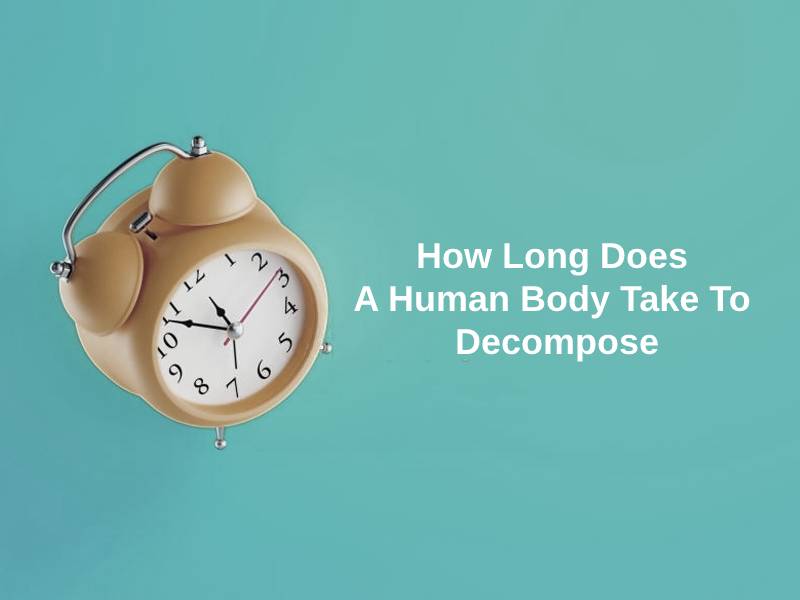
How Long Does A Human Body Take To Decompose
Body decomposition starts as soon as a person dies. The ‘Healthy Bacteria’ which gets nutrients from the bloodstream starts to feed on the body for their own survival. Within two days, bacteria eat the pancreas and intestine so disintegrating the organs. After this, bacteria multiply in the rest of the body, consuming other organs. So, at this point body display the proof of decomposition.
It takes approximately four minutes from the time a person has breathed their last due to the shortage of oxygen in their body. The levels of carbon dioxide and acidity rise in the blood flowing through the veins, building toxicity and poisoning the cells. Hence, enzymes present in cells begin to eat the cells. Brain cells die in minutes.
After few hours of death, gravity causes blood to accumulate in those parts of the body which a near to the ground and this process is known as Liver Mortis. At the same moment, Rigor Mortis begins. So, causing joints and muscles of a body to become stiff after a few hours of death. After about 12 hours Rigor Mortis reverses as till then internal tissues start to shrink. So, skin starts to shrinks, and pull back from the skeleton.
One month after death, the body starts to liquefy. For a preserved body buried in a coffin deep inside 6 feet will take 50 years to turn to bones. For a preserved body, it takes about 50 years to reduce to a bare skeleton. But, when a body is left out in sun rays or hot dry temperature, can turn to a skeleton within two months.
| Type Of Environment | Time Taken For Decomposition |
| Hot | within two weeks |
| Cool | takes months |
Why Does A Human Body Take So Long To Decompose
Basically, there are many factors that affect the process of decomposing a body:
Basically, what mostly affects decomposition is temperature. High temperatures can hasten the stages of decomposition. As by sources, bacteria grows faster in a warm environment. Also, heat enhances the breakdown of organic matter. In a cooler environment decomposition rate slows down. Also, the presence of oxygen makes the rate of decomposition fast enough. So, if oxygen is absent then the decomposition rate slows down. Aerobic decomposition is three times faster than Anaerobic decomposition.
The absence of insects decreases the rate of decomposition of the body. Scavengers neutralize the environment by eating the dead remains. Embalming (Preservation) slows down the decomposition when it has to be viewed for forensic or funeral but it does not stop decomposition. The cause of death can impact the rate of the decomposition process. For example, violent death (death on-road) can tear or break the skin so resulting in faster decomposition of the body.
Rainfall increases the speed of the four methods but slows down the last stage. Humidity speeds up human body decomposition. Sometimes, clothes protect the body from decomposition so reducing the rate. Food is present in the digestive tract can slightly affect the rate of decomposition.
If the body rests on wood or metallic objects then its rate of decomposition decreases. A body sealed in an area (like a coffin) will be decomposing gradually. Recent reports of the National Institute of Health suggest that a larger and heavier body decays at a speed slower than that of a smaller and lighter one.
Conclusion
We all have two things in common: death and taxes. For death, humans share the decomposition process. Although the decomposition process is not the same for all the bodies. Our body is made up of a few trillion microbes, more than 37 trillion cells. Just a few minutes after death, the first thing which goes is our brain. When hearts stop beating, the blood stops. Hence the supply of oxygen declined in the body.
Decomposition is the process by which dead organic matter is broken down to simpler organic matter and inorganic matter ( like carbon dioxide, water, minerals, etc.) too. After death, the body undergoes several biological changes. When someone dies, their body tells the researcher and forensic experts- how. when and why they died. Sometimes death is inevitable, that is it arrives swiftly and unexpectedly.
The stages of decomposition of the body are the same for each human being but the time of decay varies with the environmental conditions. After the whole decomposition, the body changes to organic matter for the soil. Enhancing the growth of plants.

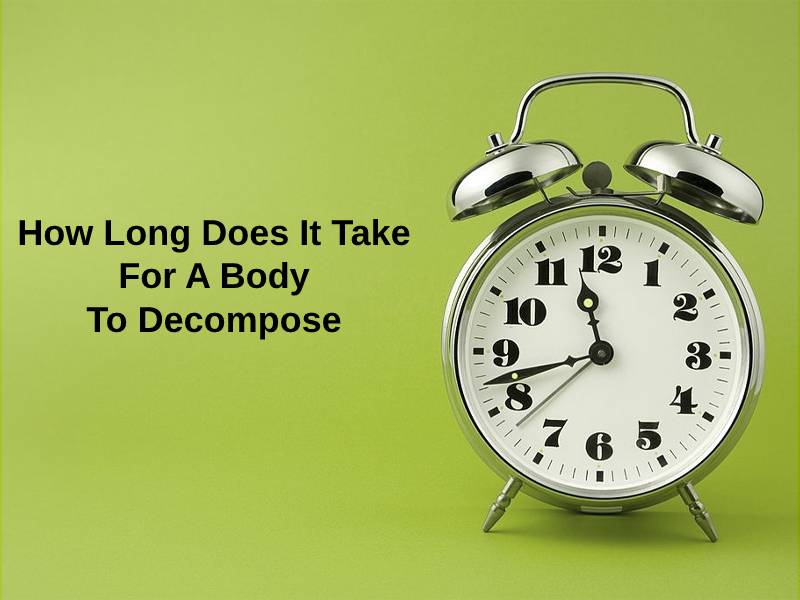
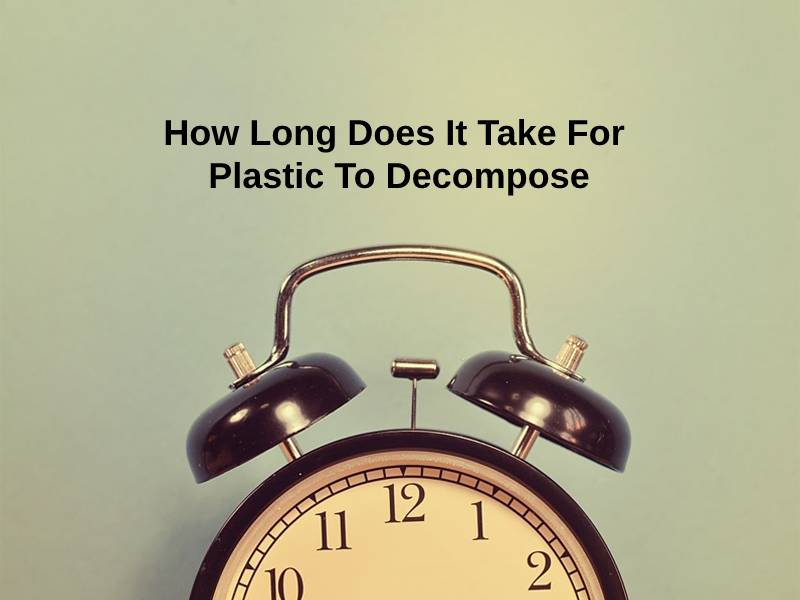
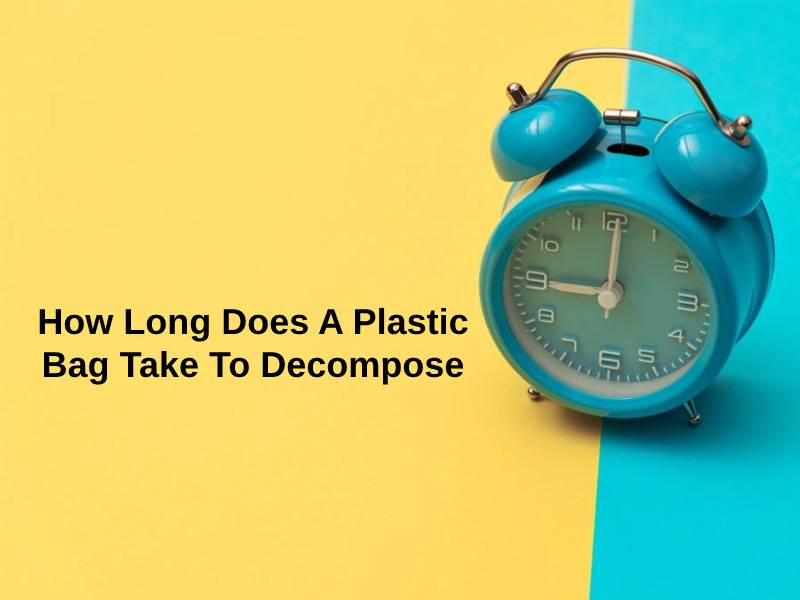

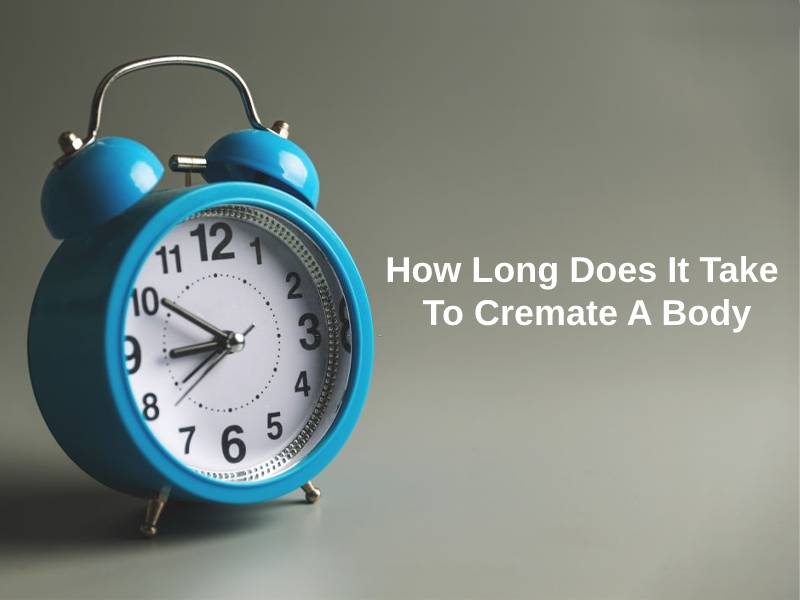

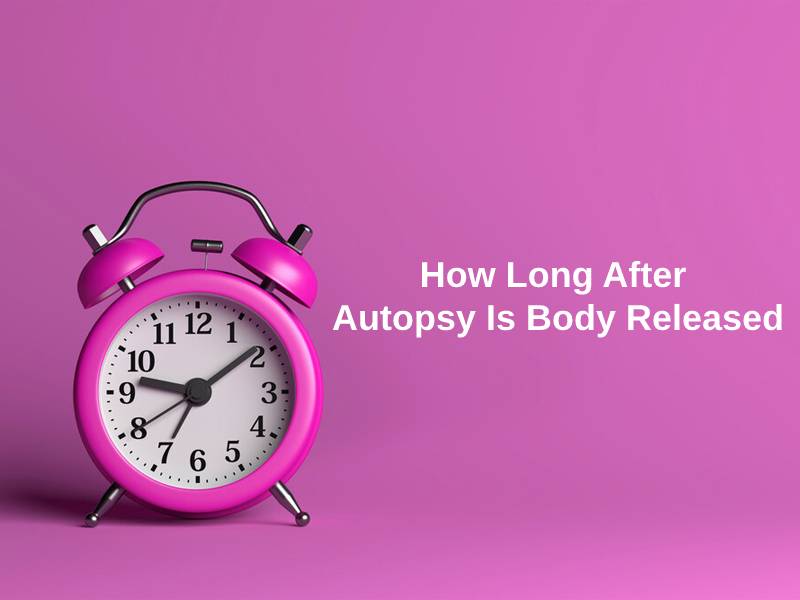
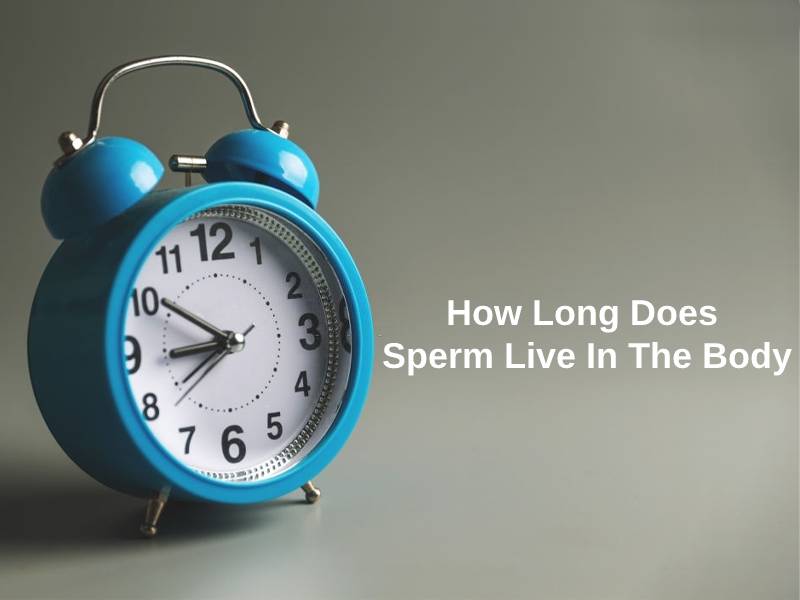
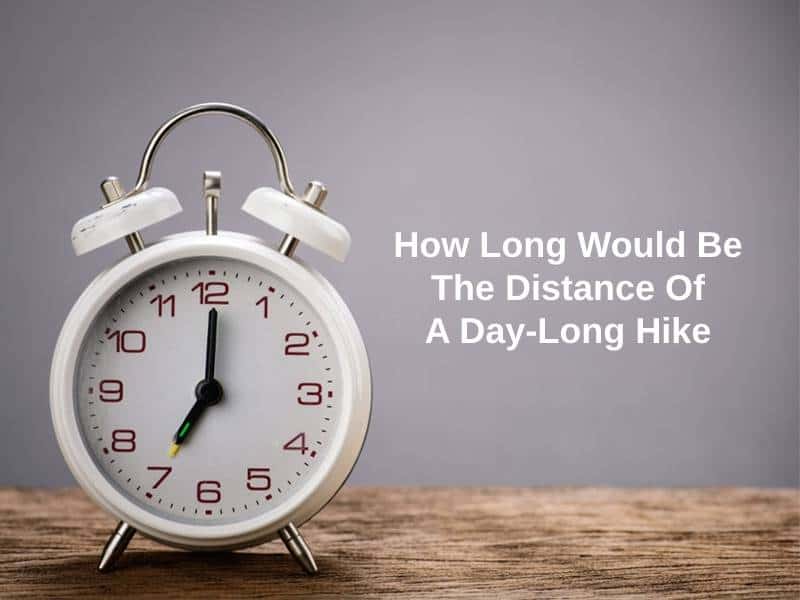

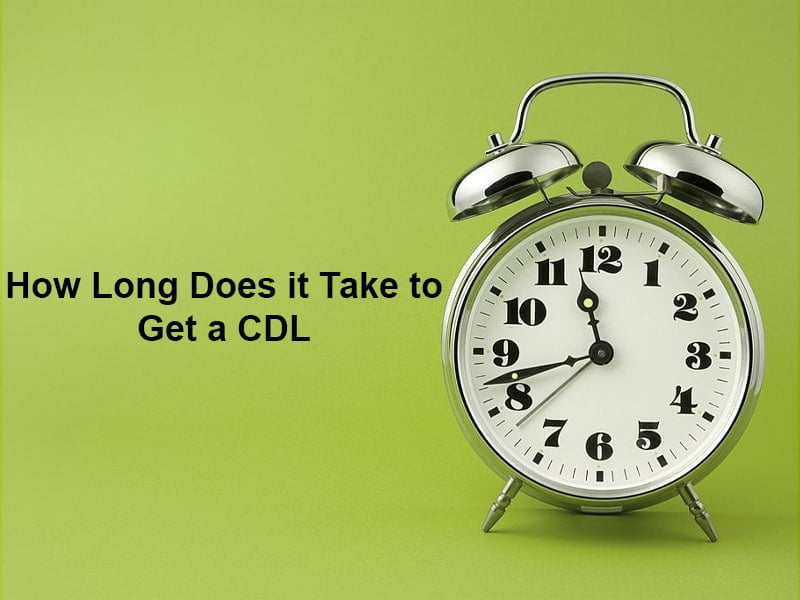
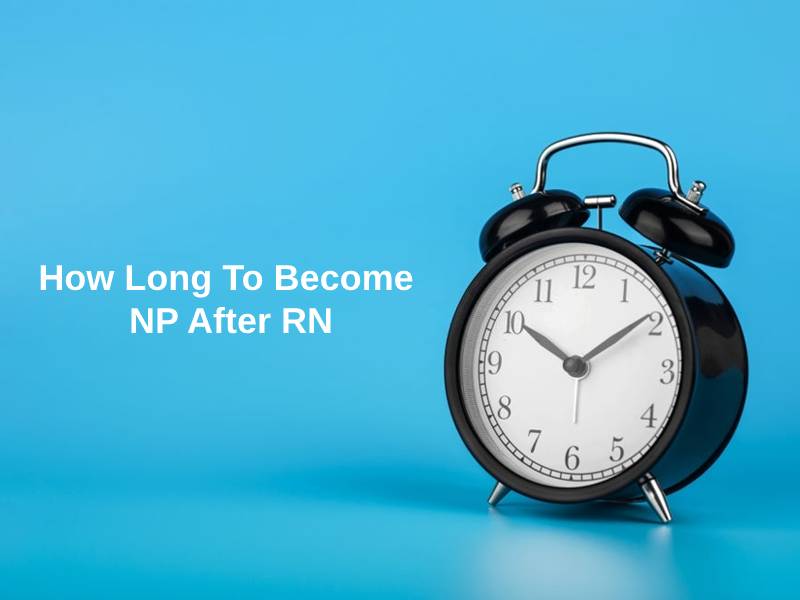




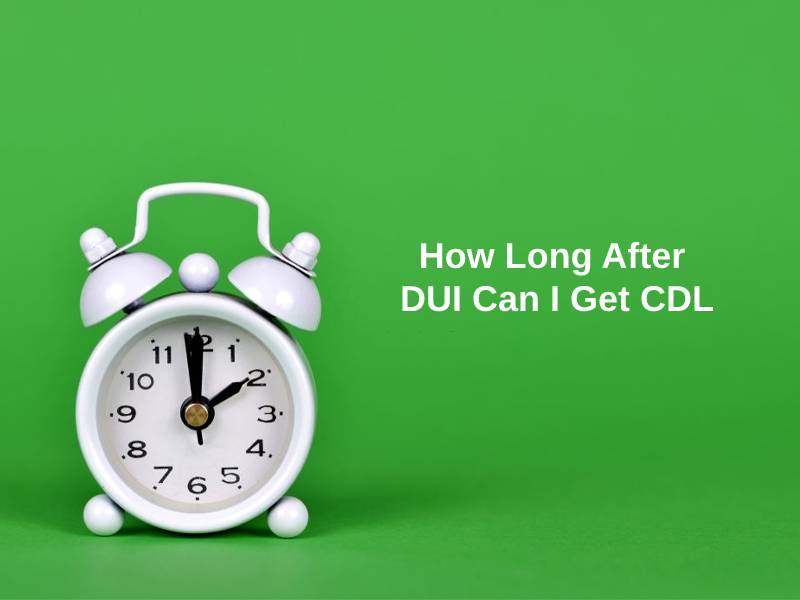
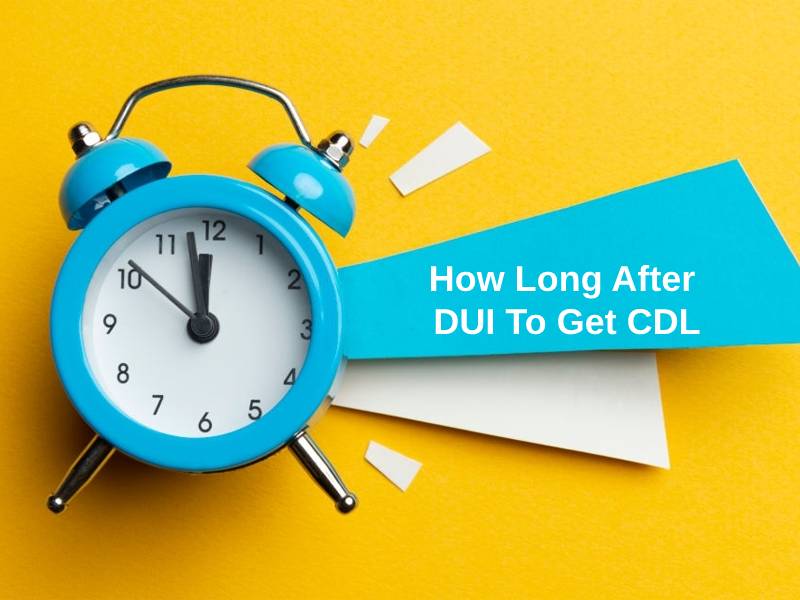
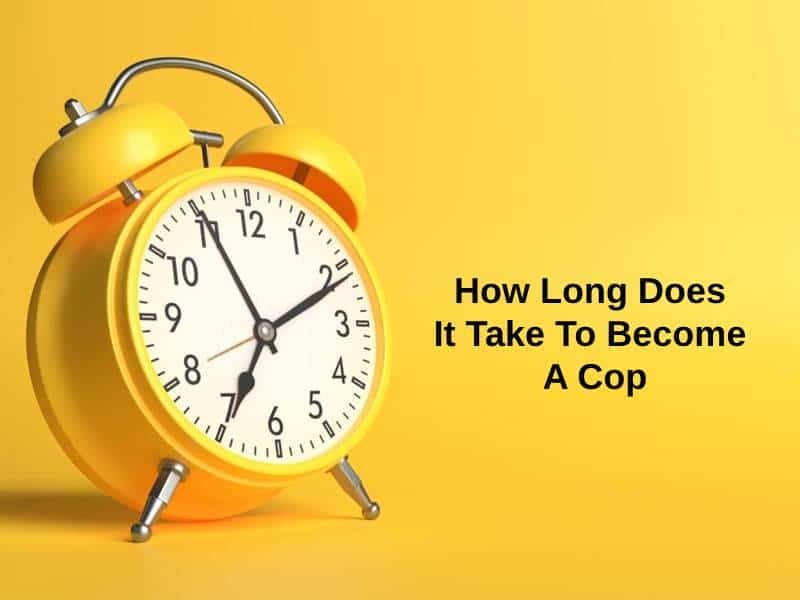
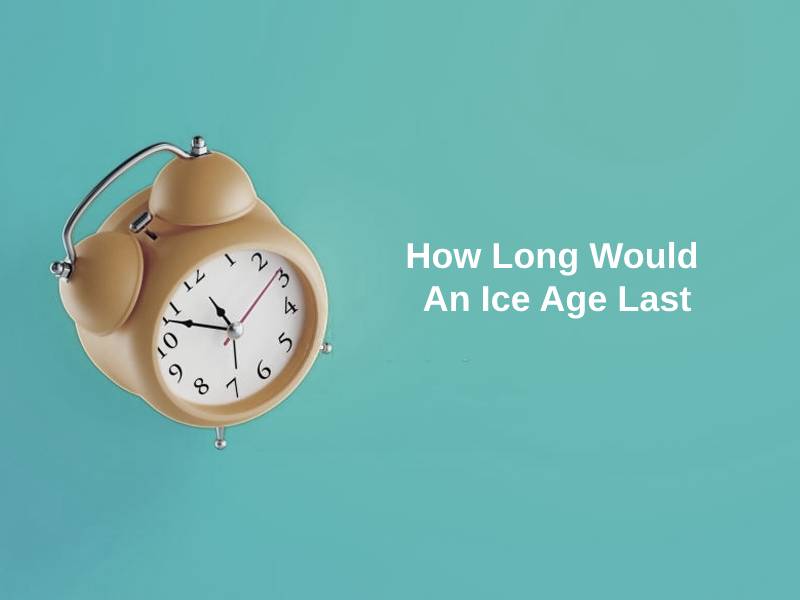
An intriguing scientific exploration of body decomposition and the factors influencing the timeline. The article delves into the complexities of this natural process.
The detailed accounts of the stages of decomposition and the influences on the process provide an eye-opening perspective. It’s a well-written piece that captures the complexity of the topic.
I appreciate the meticulous attention to detail in explaining the timeline and environmental variables related to body decomposition.
The in-depth exploration of decomposition and the various factors involved is truly engaging.
The article presents a comprehensive analysis of body decomposition, highlighting the significance of environmental elements and temperature in the process. It’s a valuable read for understanding this biological phenomenon.
The article’s emphasis on the role of environmental factors in decomposition is quite enlightening. It’s an intellectually stimulating piece.
The level of scientific detail in the article is impressive, offering a thorough examination of the stages of decomposition and the factors influencing them.
The article offers a thorough examination of the process of body decomposition, shedding light on the timeframe and environmental conditions that play a role. It’s a well-researched piece.
I found the depth of information on this topic to be quite impressive. The article truly delves into the science behind decomposition.
The article provides an insightful exploration of body decomposition and the environmental conditions impacting the process. It’s a compelling read that offers valuable knowledge on the subject.
The detailed account of the decomposition process and its environmental influences is truly fascinating. It’s a well-researched article.
I found this article to be quite thought-provoking, shedding light on the various stages of decomposition and the role of environmental factors.
An intellectually stimulating piece that offers a thorough exploration of the scientific aspects of body decomposition and the environmental elements impacting the process. It’s a compelling read that captures the complexities of this natural phenomenon.
The level of detail provided in this article’s examination of body decomposition is truly impressive, offering valuable scientific knowledge.
The scientific depth of the article’s analysis of body decomposition is remarkable, showcasing a comprehensive understanding of the natural process.
This article offers valuable insights into the scientific aspects of body decomposition, providing a comprehensive understanding of the timeline and environmental variables. It’s a compelling and informative piece.
The scientific rigor evident in this article’s explanation of body decomposition is truly commendable.
The depth of scientific knowledge presented in this article adds to its credibility, making it an enlightening read.
This article provides valuable insights into the stages of decomposition and the environmental factors that contribute to the process. It’s important to have a scientifically accurate understanding of this topic.
Absolutely, the scientific accuracy of the information presented is commendable. It’s an enlightening read.
The detailed explanation of the factors influencing decomposition is both educational and thought-provoking.
The in-depth analysis of body decomposition and its environmental influences is both informative and engaging. The scientific perspective adds great value to the article.
The comprehensive examination of body decomposition in this article is truly enlightening, offering valuable scientific insights.
This article provides a comprehensive understanding of the stages of decomposition and the factors that come into play. It’s an intellectually stimulating read.
This article is very informative and detailed. It covers all the stages of body decomposition and the factors that influence the process. I found it fascinating to learn about the different factors that can affect the timeline of decomposition.
I couldn’t agree more! This comprehensive explanation of decomposition and its timeline is quite intriguing.
I appreciate the scientific perspective provided in the article. It’s always interesting to learn about the biological processes of the human body.